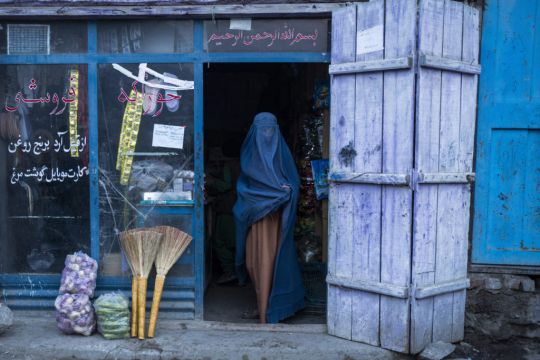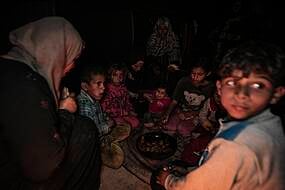Women’s rights activists in the Afghan capital of Kabul have insisted they will continue fighting for access to education, employment and participation in the country’s political and social life, and said a recent Taliban decree banning forced marriage was not enough to address their issues.
The decree, issued on Friday, comes as poverty surges in Afghanistan following the Taliban takeover of the country in mid-August amid the withdrawal of US and Nato troops. Foreign governments have halted funds to the aid-dependent country since then.
Social rights activist Farida Akbari said the new Taliban government should permit women access to education and employment. Currently, education at secondary school level and above has been banned, while most women have been barred from working.
Ms Akbari said Friday’s decree on forced marriage would not have any particular benefit to women living in cities, where such practices were less common.
“It is not acceptable for us to get married, eat and stay at home,” she told reporters. “We want our role in politics, economics, jobs, education and social activities where they can’t limit us.”
Writer and women’s rights activist Huda Khamosh noted that women were “a key part of the community” and denying them the right to work and participate in Afghanistan’s political and economic life “is tantamount to a denial of women in society”.
The right of girls and women to education was one which existed in all Islamic countries, writer and social activist Marzia Darazi said.

Friday’s Taliban decree was apparently aimed at addressing criteria the international community considers a precondition to recognising their government and restoring aid.
According to the decree, “both (women and men) should be equal”, and “no-one can force women to marry by coercion or pressure”.
It also noted that women had the right to inheritance, and a widow could marry the man of her choice 17 weeks after her husband’s death.
Forced marriages have become more frequent in the poor, conservative country, as the internally displaced marry off young daughters in exchange for a bride-price that can be used to pay debts and feed their families.
For decades, women in Afghanistan were treated like property – as an exchange token for blood money or ending disputes or tribal feuds. The Taliban now state they are against the practice.







